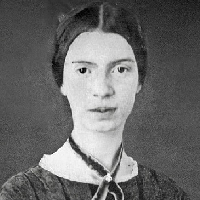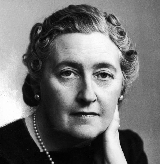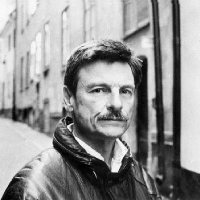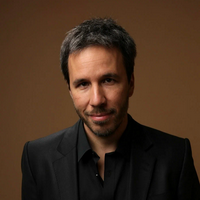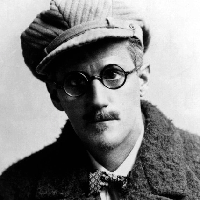Emily Dickinson tipo de personalidade mbti
Personalidade
"Que tipo de personalidade é Emily Dickinson? Emily Dickinson é um tipo de personalidade INFJ em mbti, 5w4 - sp/sx - 549 em enneagram, RCOAI em Big 5, IEI em sociônicos."
((Ni)): • [ The daylight leaves in good time – The cool breeze is our chauffer — The leaves fall on a dime. The fondness is familiar – The Earth’s special redesign – And as the world configures – So too will I. ] • [ Water, is taught by thirst. Land — by the Oceans passed. Transport — by throe — Peace — by its battles told — Love, by Memorial Mold — Birds, by the Snow. ] • [For each ecstatic instant We must an anguish pay In keen and quivering ratio To the ecstasy ] • [Success is counted sweetest By those who ne'er succeed. To comprehend a nectar Requires sorest need.] Iconic ((Fe)): • [If I can stop one heart from breaking, I shall not live in vain; If I can ease one life the aching, Or cool one pain, Or help one fainting robin Unto his nest again, I shall not live in vain.] ((Ti-Se)): • [Best Witchcraft is geometry From the outside looking in – Are intangible possibilities of – Both wickedness and greatness.] • [ "Faith" is a fine invention when gentlemen can see, but microscopes are prudent in an emergency ] Poetical introspection ≠ INFP, yes, Emily Dickinson surely has a well developed Fi, but that comes from her 4 fix and her socionic. Unlike, say.. Sylvia Plath, who showed us the world from her dark, deep perspective and always exalted her romanticism of death and resurrection and what not; Emily Dickinson wrote as the quiet observer she is, she brought true vivid imagery to many things going on in the world, from a point of view that's observant and passionate and optimistic at times.
Biografia
Emily Elizabeth Dickinson (1830 – 1886) was an American poet. Dickinson was born in Amherst, Massachusetts. Although part of a prominent family with strong ties to its community, Dickinson lived much of her life in reclusive isolation.
Personalidades relacionadas
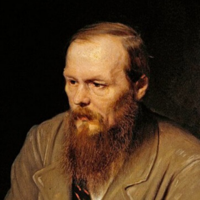
Fyodor Dostoevsky
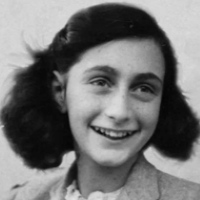
Anne Frank
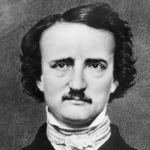
Edgar Allan Poe

William Shakespeare
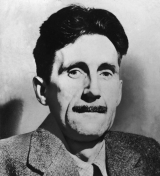
George Orwell
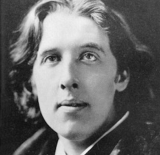
Oscar Wilde
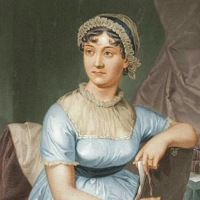
Jane Austen
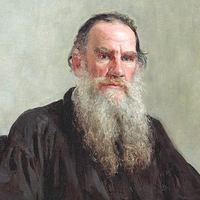
Leo Tolstoy (Лев Толсто́й)
